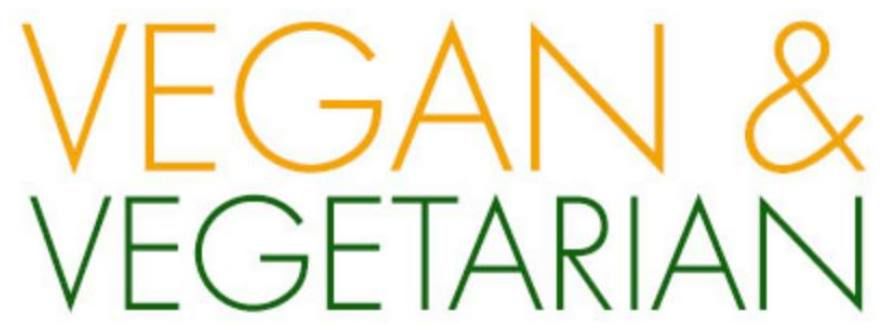ARE YOU VEGETARIAN/VEGAN AND NEED TO INCREASE YOUR PROTEIN?
Guys, I've been chatting to a few of you and have noticed a few of you vego's/vegans need to increase your lean protein.
I found a great article below, which i've tidied up and added in some examples for you.
Have a read and hopefully it helps you understand the different types of protein sources!

Obtaining adequate amounts of protein on a vegetarian diet is not difficult. However, many vegetarian sources of protein also include large amounts of fat or carbohydrates.
This results in vegetarian protein sources typically having high caloric concentrations, AND THUS, a slower change to body fat. To boost your protein intake on a vegetarian diet without increasing your daily calorie consumption, include more lean and very lean vegetarian protein sources in your daily meals.
Definitions
The National Heart, Lung and Blood Institute divides lean proteins into two categories. The first, "lean protein," is defined as a source of protein that contains 2 to 3 grams of fat and 55 calories or less per serving. The second category is "very lean protein." Foods in this category are high in protein and contain no more than 1 gram of fat and 35 calories per serving.
Very Lean Proteins
The NHLBI lists numerous vegetarian sources of very lean protein. For example, a 1/4 cup serving of non-fat cottage cheese provides 3.8 grams of protein, 0.1 grams of fat and 26 calories.
Two large egg whites provide 7.2 grams of protein, 0.1 grams of fat and 34 calories.
Another example is 28 grams of fat-free mozzarella cheese, which includes 40 calories, 9 grams of protein and 0 grams of fat.
Try an egg-white omelette using egg whites, fat-free mozzarella cheese and vegetables for a meal high in very lean proteins.
For vegetarians who eat certain types of animal protein; try white fish, egg whites, whey protein powders, seafood, chicken or turkey breast or lean mince.
Beans and Legumes
According to the NHLBI, 1/2 cup of cooked black beans, lentils, kidney beans or chickpeas counts as two servings: one of very lean protein and one of starches or grains. As such, these very lean protein sources contain more than 35 calories. For example, 1/2 cup of cooked black beans contains 7.6 grams of protein and 0.5 grams of fat, but its 20.4 grams of carbohydrates result in 114 calories. Combine a variety of these beans and legumes with tomato juice, vegetables and spices to make a chilli that is rich in very lean protein and low in fat. However, be wary of eating too many legumes each day!
Lean Proteins
The NHLBI lists only two vegetarian sources of lean protein. The first is 28 grams of low-fat cheese, such as cheddar, which contains 49 calories, 2 grams of fat and 6.9 grams of protein. The other is 1/4 cup of cottage cheese, 4.5-percent cottage cheese, which provides 5.8 grams of protein, 2.3 grams of fat and 51 calories. Other examples include 1/8 cup of tempeh, with 40 calories, 3.9 grams of protein and 2.2 grams of fat, and 1/2 bunch of spinach, which contains 4.9 grams of protein, 39 calories and 0.7 grams of fat. Top a spinach salad with cottage cheese and orange slices. The vitamin C in the orange increases your body's ability to absorb the iron in spinach.
Complete Proteins
Complete proteins are foods that provide a source of all essential amino acids. Although there are few complete vegetarian proteins, you can meet your daily needs of all essential amino acids by eating a variety of vegetarian protein sources. According to the Vegetarian Resource Group, vegetarian protein sources with high amino acid concentrations include soybeans, spinach, quinoa (post workout only), eggs and cow's milk. As these foods are not high in all essential amino acids, your diet should include a combination of lean and non-lean protein sources.
